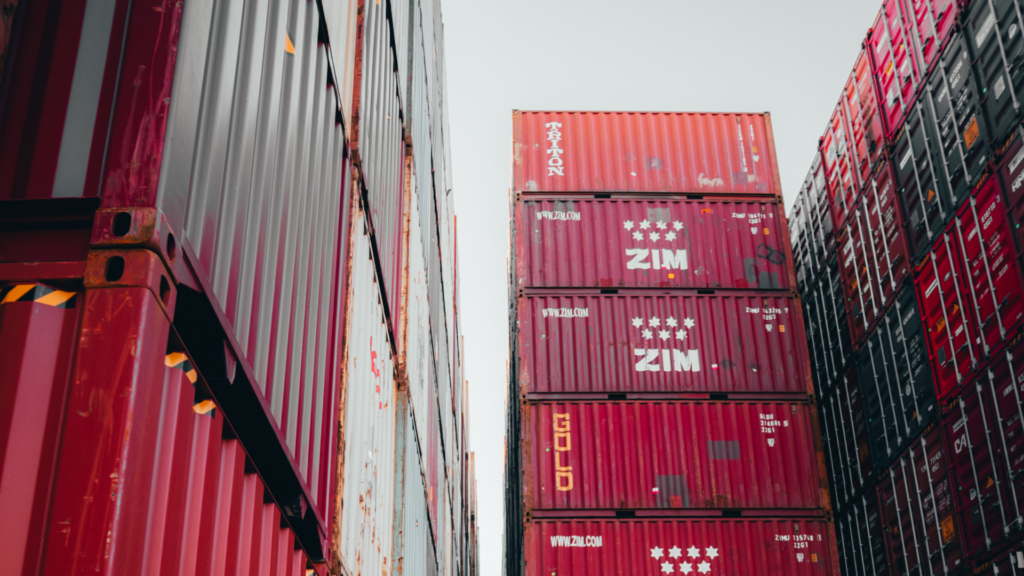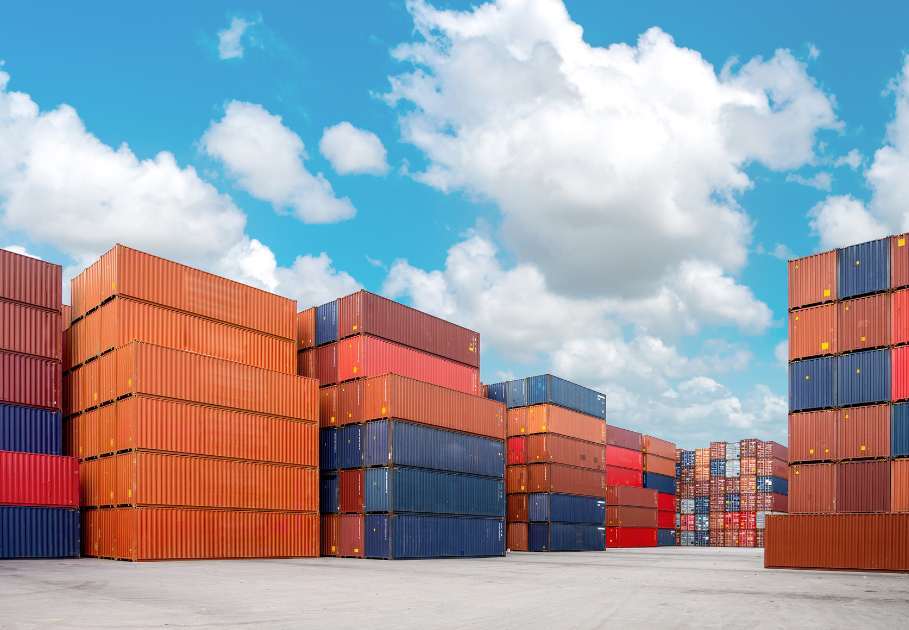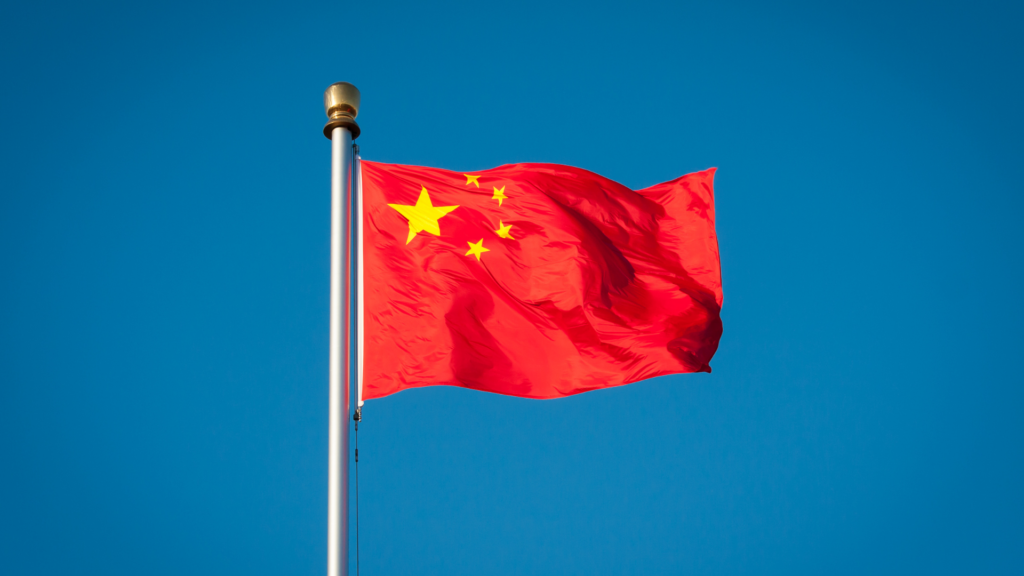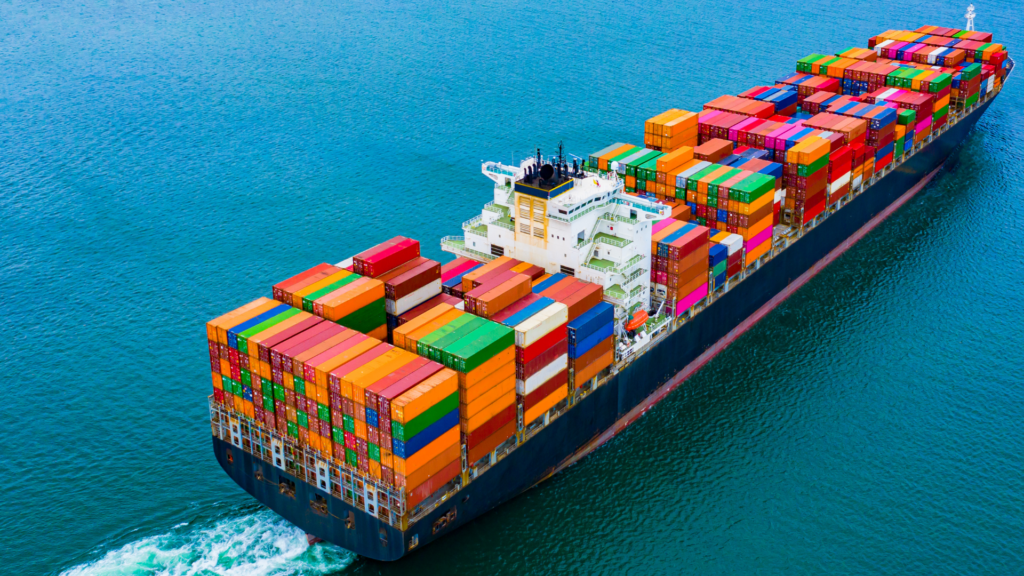On the Rise, VQIP Update, and Change in Service.
Your weekly All-Ways round-up of Supply Chain news.
Signals of Stability
Some parts of China’s economy are gaining strength indicated by the ease in its trade slump in August.
While exports were a main contributor to China’s economic growth during the pandemic, demand slowed down causing the economy to dip.
Although there was a brief rebound, Chinese leaders are rolling out various measures to help boost the economy. Borrowing rules and mortgage rates for first-time home buyers have been eased by the central bank. Some tax relief is being provided for small businesses. Officials are avoiding large-scale stimulus spending or broader tax cuts.
The decline in imports and exports in August was significantly less than in July. While there are still record double-digit declines in exports to Europe, exports to the US improved. Exports in August fell 8.8% to $284.87 billion making it the fourth consecutive month of decline while imports slid 7.3% to $216.51 billion. The total trade surplus fell to $68.36 billion from $80.6 billion in July.
August’s declines in imports and exports were far less severe than July’s. By the end of the year, imports and exports are expected to bottom up, a sign that global demand is slowly picking up again.
“The overall momentum remains lukewarm,” Zhou Hao, chief economist at Guotai Junan International Holdings Ltd. said “The figures still suggest the headwinds remain despite some marginal improvement.”
VQIP Update
FDA Updates Information that Explains its VQIP Program -
The FDA Voluntary Qualified Importer Program (VQIP) enables importers to expedite the review and importation of foods by demonstrating a high level of control over the safety and security of their supply chains. To help you understand the eligibility criteria and answer questions you may have before submitting your application, FDA created a new resource, Preparing for the FDA Voluntary Qualified Importer Program.
FDA said additional benefits of VQIP may include:
- A more dependable release schedule to ensure timely delivery of the VQIP food to your clients
- Reduced storage costs, enabling you to optimize your resources efficiently
- Streamlined importation processes, saving you valuable time and resources
- Recognition as a responsible importer committed to food safety and security
There’s an annual fee of approximately $15,000 paid to FDA and additional fees paid to FDA-accredited entities that “approve” the products an importer wants to include in its VQIP program. Given that, most of the handful of importers in the program are larger companies.

Weathering the Market
In an effort to stay afloat in the current market downturn, Zim Integrated Shipping and Mediterranean Shipping Co. have made a deal to cooperate on seven container services. With services connecting India, Asia, Europe, the Mediterranean, and Australia, the operational cooperation includes vessel-sharing, slot charters, and swap arrangements.
“This opportunity with MSC will improve efficiencies in our fleet and is consistent with our focus on taking proactive steps amidst continued near-term headwinds in the container shipping market,” Zim CEO Eli Glickman said in the statement.
Zim’s fleet will grow by almost 70% when its new ships arrive in the coming months. At the same time, the shipping company is set to report an operating loss of between $100 million and $500 million for the year because of weak volume and soft freight rates.
Zim has removed ships from weak trade lanes and moved some newer vessels to services that can handle more capacity.



